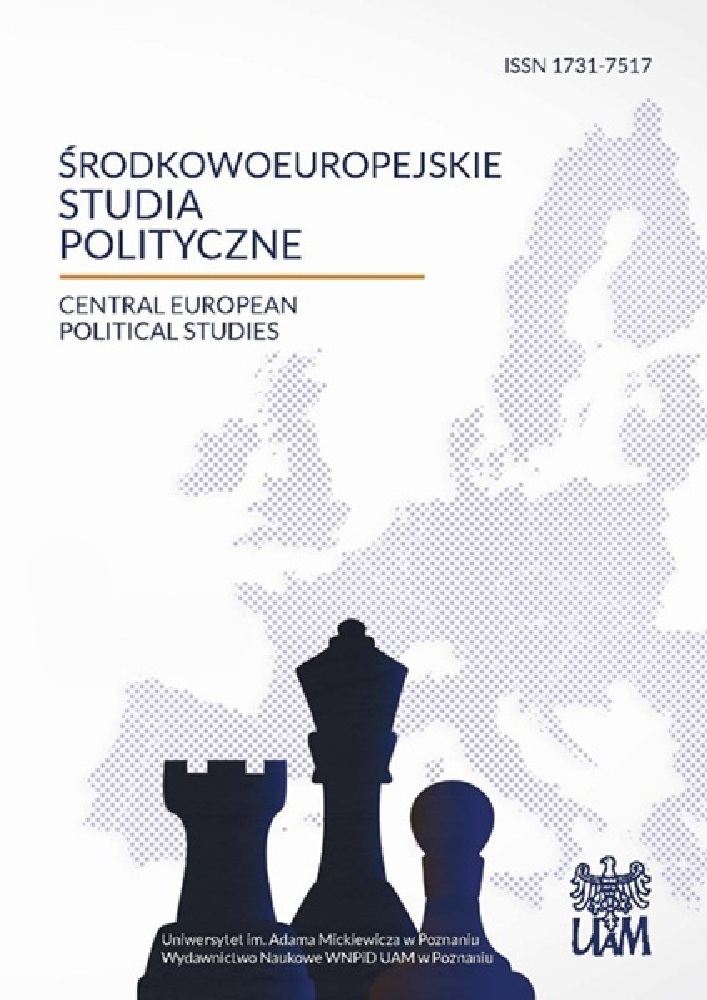Abstrakt
The paper presents social and political conditions affecting the emergence and existence of the agricultural press in Wielkopolska from the end of World War II to the opening of the iron curtain. The press which emerged after 1945 faced numerous problems ranging from technical difficulties related to the shortage of equipment and materials, to censorship. The presence of censorship was a consequence of the political situation of the country as the new governing party was unable to win social support for its activities and had to resort to indoctrination of society. Consequently, for many years the press served the main purpose of disinforming citizens and explaining government decisions. On the other hand, however, correspondence with the readers was a ‘litmus paper’ of the attitudes of rural society which helped to promote the undertaking of appropriate steps at the central level. The paper outlines censoring institutions and the scope of their operations. The opening of the iron curtain contributed to radical changes in the press market. It was no longer up to the state to decide what titles should be established and published, but to the mechanism of the free market. New editors had to adapt both the graphic aspect and content of their magazines to new standards in order to survive in the face of the inflow of attractive titles from the West. It is impossible to analyze the history of all agricultural magazines published in Wielkopolska since 1945, thus the paper focuses on two, significant ones. „Gromada – Rolnik Polski” [community – Polish farmer] was not an original Wielkopolska publication, but it cannot be neglected in the presentation of the post-war agricultural press as it was the most popular magazine reaching practically every rural household. „Poradnik Gospodarski” [farmer’s guidebook], on the other hand, originated from Wielkopolska both geographically and ideologically, as since the very beginning it referred to the positivist ideals that were so popular in this region. Its publication was broken by German occupation, yet it was later resumed to continue until the present day.
Licencja
Copyright
© 2005, Uniwersytet im. Adama Mickiewicza w Poznaniu, Wydawnictwo Naukowe Instytutu Nauk Politycznych i Dziennikarstwa
OPEN ACCESS
